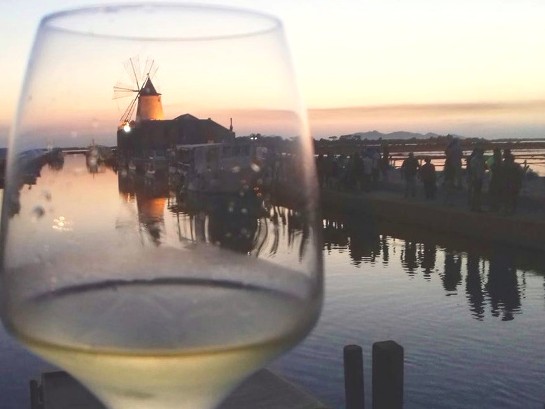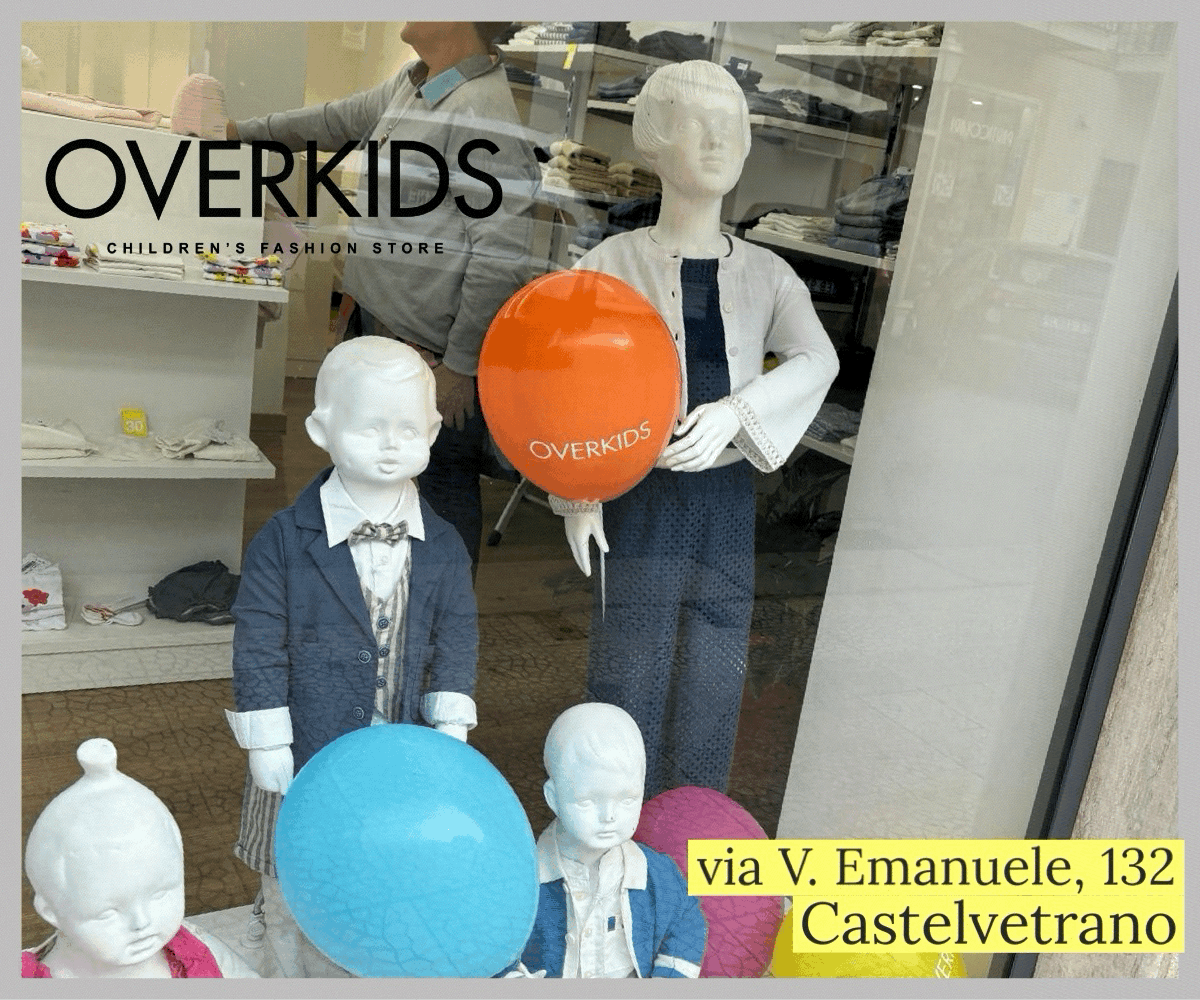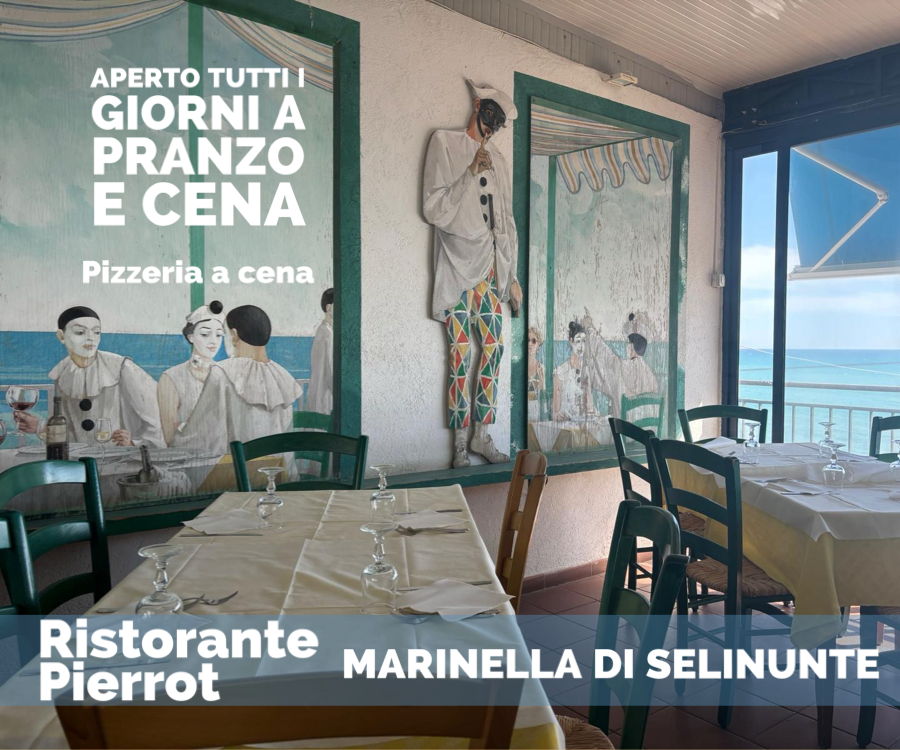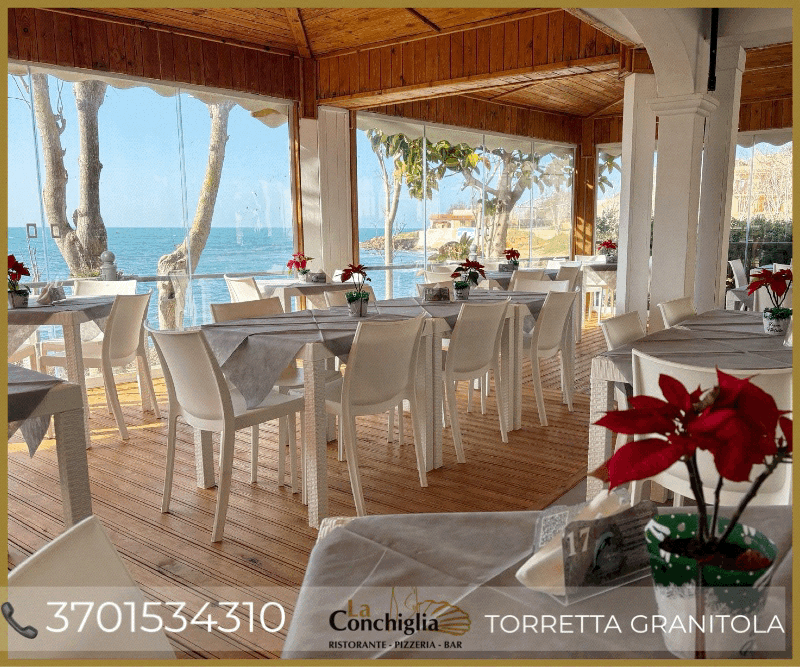Alla scoperta della parola “Marsala” e "dammuso" tra origini arabe e influenze straniere
di:  Carolina Ragusa - del 2020-05-02
Carolina Ragusa - del 2020-05-02

Cari amici di CastelvetranoNews ben trovati! Pronti per la nostra ormai consueta avventura all’interno di #Siculamente? Spero proprio di sì perché il viaggio di questa settimana sarà molto, molto variegato. Per cui abbigliamento comodo, zaino in spalla, cappellino in testa e cos’altro manca?! Mi pare nulla! Anzi no! Portate con voi anche un costume da bagno. Il motivo?! Beh, semplice!

Oggi faremo tappa a Marsala e Pantelleria. Ad attenderci saranno quindi le meravigliose acque limpide e cristalline, le affascinanti spiagge bianche, ma anche tanta storia, arte e naturalmente, come ogni tour che si rispetti, tanta enogastronomia.
Scopriremo chi, tra i popoli che per secoli ci hanno dominato, ha influenzato da un punto di vista linguistico e, in alcuni casi, anche logistico, queste meravigliose località della nostra amata isola rendendole tutt’oggi mete turistiche privilegiate non solo a livello nazionale ma anche internazionale.

Prima però di avventurarci tra “dammusi” e “favare” o tra antiche e rinomate cantine dove degustare buonissimi calici di vino, direi di iniziare questo nostro viaggio partendo subito dall’etimologia di questi due splendidi centri facenti capo alla provincia di Trapani. E la ragione è molto semplice. Marsala e Pantelleria presentano tracce straniere: sono infatti due toponimi di origine araba.
Nello specifico, se da un lato “Marsala” deriva da“marsā Allah” cioè “porto di Dio”, dall’altro “Pantelleria” deriva da “bint el rīḥa” ovvero “figlia del vento” ma che traduciamo per estensione come “isola del vento”. Bene! Adesso che abbiamo ben chiaro questi concetti, siamo pronti per una bella passeggiata tra i sentieri sassosi e le stradine tortuose che caratterizzano Pantelleria.
Ci incammineremo dunque per andare a scoprire quanto di suggestivo nasconde la cosiddetta “isola del vento”. Ed in particolare, tappa obbligatoria saranno i “dammusi” e le “favare”: i primi, antiche costruzioni in pietra lavica; le seconde, curiose manifestazioni vulcaniche. Anche in questo caso, le origini linguistiche di questi due termini arrivano da lontano. Infatti, ciò che in italiano tradurremmo come “caverne”, per gli arabi erano “dammus”.
Ciò che invece potremmo indicare con i termini “fontana o sorgente d’acqua”, sempre per gli arabi erano “fawwarā”. “Dammusi” e “favare” affondano perciò le loro radici in questa antica civiltà! Possiamo però andar via senza aver prima inebriato le nostre narici e deliziato i nostri palati con il profumo e l’assaggio di un buon calice di vino? Non sia mai! Perché in questo nostro tour tra Marsala e Pantelleria un salto tra le antiche e rinomate cantine è quasi un dovere. Tutti i gusti saranno assecondati!
A voi dunque la scelta tra un bianco o un rosso, un secco, un dolce o un liquoroso! Tra un eccellente marsala da sorseggiare godendo della vista mozzafiato delle Saline al tramonto o un ottimo moscato d’Alessandria da degustare durante lo spettacolare giro in barca dell’isola. Moscato d’Alessandria meglio conosciuto come “zibibbo” ed introdotto a Pantelleria proprio dagli arabi con il nome di “zabīb”, con cui si definisce in italiano “l’uva passita”.
In ogni caso, all’origine del nettare degli dei vi è un’unica materia prima: l’uva. Già, quella che i francesi chiamano “raisin” e che per i nostri viticoltori siciliani è “racina”. Adesso sì che il nostro viaggio e davvero giunto al termine! Possiamo lasciare queste incantevoli località e rientrare ciascuno a casa. Che questo nostro tour per ora purtroppo solo virtuale possa essere d’auspicio per una rapida rinascita turistica di Marsala, Pantelleria e di tutta la nostra bella Sicilia.
Con la speranza di poter brindare presto insieme a tutti voi alla fine di questa pandemia, vi saluto con affetto e come sempre vi do appuntamento alla prossima settimana qui su #Siculamente.
Dear friends of CastelvetranoNews well found! Ready for our usual adventure inside #Siculamente? I really hope so because this week our trip will be very, very varied. So comfortable clothes, backpackers, hats and what else is missing?! It seems to me nothing! Indeed, no! Bring a bathing suit with you. The reason?! Well, simple! We cannot be caught unprepared in the face of a likely unbridled desire to take a dip or a relaxing swim. Yes! And do you know why? Because today we will stop in Marsala and Pantelleria. We will therefore be waiting for the wonderful clear and crystalline waters, the fascinating white beaches, but also a lot of history, art and of course, a lot of food and wine. We will find out who, among the peoples who have dominated us for centuries, has influenced from a linguistic point of view and, in some cases, even logistically, these wonderful places on our beloved island, making them still privileged tourist destinations not only nationally but also internationally. But before venturing between “dammusi” and “favare” or between ancient and famous wineries where we can taste delicious glasses of wine, I would say to start our journey starting immediately from the etymology of these two splendid centers belonging to the province of Trapani. And the reason is very simple. Marsala and Pantelleria have foreign traces: they are in fact two toponyms of Arab origin. Specifically, if on one hand “Marsala” derives from “marsā Allah” that is “port of God”, on the other “Pantelleria” derives from “bint el rīḥa” or “daughter of the wind” but which we translate by extension as “island of the wind”. Well! Now that we have these concepts very clear, we are ready for a nice walk among the stony paths and winding streets that characterize Pantelleria. We will therefore set off to find out what are the beauties of the so-called “island of the wind”. And in particular, the “dammusi” and the “favare” will be an obligatory stop: the first, ancient buildings in lava stone; the second, curious volcanic manifestations. Again, the linguistic origins of these two terms come from afar. In fact, what in English we would translate as “caves”, for the Arabs they were “dammus”. Instead, what we could indicate with the terms “fountain or source of water”, for the Arabs they were “fawwarā”. “Dammusi” and “favare” therefore have their roots in this ancient civilization! But can we leave without having first inebriated our nostrils and delighted our palates with the scent and tasting of a good glass of wine? Never be! Because on this tour between Marsala and Pantelleria, a jump between the ancient and famous cellar is almost a duty. All tastes will be satisfied! So you have the choice between a white or a red, a dry, a sweet or a liqueur! Between an excellent marsala to sip while enjoying the breathtaking view of the Saline at the sunset or an excellent muscat of Alexandria to taste during the spectacular boat tour of the island. Muscat of Alexandria better known as “zibibbo” and introduced to Pantelleria by the Arabs with the name of “zabīb”, which defines in English “sultanas”. In any case, at the origin of the nectar of the gods there is a single raw material: grapes. Yes, what the French call “raisin” and which for our Sicilian wine growers is “racina”. Now our journey has really come to the end! We can leave these enchanting places and come back home. I hope that our tour for now, unfortunately, only virtual, bodes well for a rapid touristic renaissance of Marsala, Pantelleria and all of our beautiful Sicily. With the hope of being able to toast soon with all of you at the end of this pandemia, I greet you with affection and as always I will meet you next week here on #Siculamente













